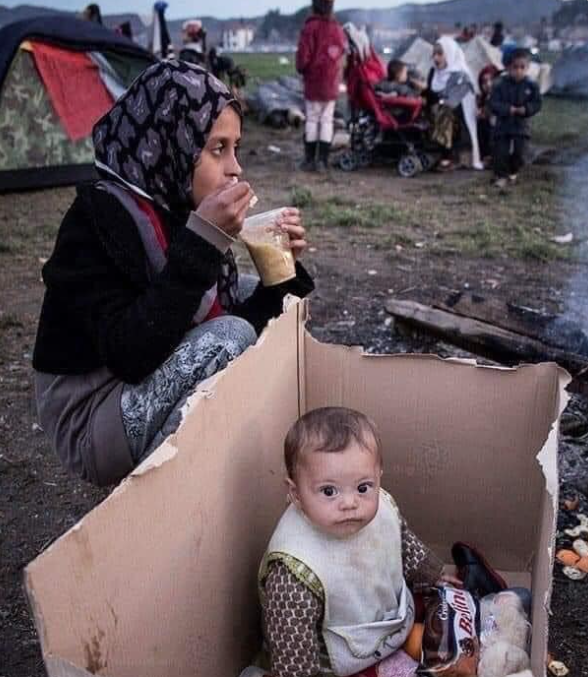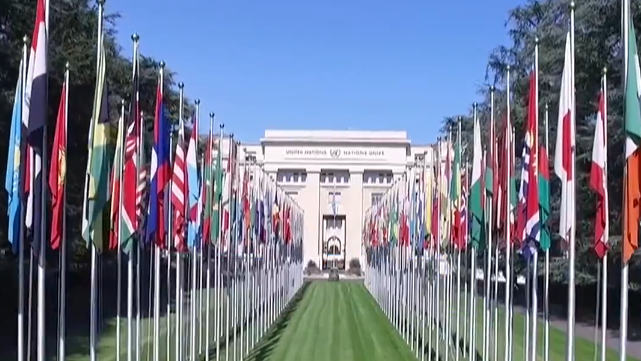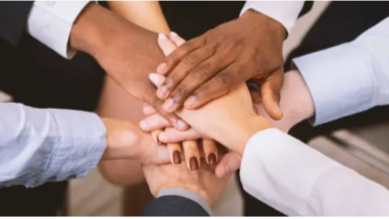Embracing Human Rights:
The Path to a Just and Inclusive Society

Why Human Rights Matter:
Human Rights are first and foremost about doing right by each other—seeing all human beings as equal and worthy of dignity, respect, and protection. At their core, human rights are a set of principles designed to ensure no person is exploited, abused, or marginalized based on race, gender, socioeconomic status, or cultural differences. They reflect our collective moral commitment to equity, fairness, and justice.
Learning from Our Global History:
History paints a sobering picture of conquest, colonization, slavery, and systemic discrimination—acts that today are recognized as violations of human rights. These injustices shaped the global economy, with exploitation serving as the foundation of wealth for some, and oppression for others. The legacy of this model is still deeply embedded in our world today, perpetuating cycles of inequality, violence, and division.
Yet, there is hope. Over the past century, we have made tremendous strides toward justice by establishing institutions and legal frameworks that protect human rights. Globally, Human Rights Codes and laws now serve as a foundation for our social contract, demanding that all individuals—regardless of background—be treated fairly and protected from discrimination. These laws affirm that every human being has a voice, a right to dignity, and a place in society.
However, progress remains fragile. Violations of human rights persist on the global stage, threatening the positive work achieved. This moment demands that we reaffirm our commitment to human rights principles—especially within multicultural, diverse organizations, and communities. The integrity and effectiveness of institutions tasked with enforcing these rights are critical to creating societies built on trust, fairness, and inclusion.

Institutional Integrity: The Cornerstone of Human Rights
The strength of any human rights framework lies in its institutional integrity—the competence, character, and impartiality of those entrusted to uphold and enforce human rights. Institutions must act with transparency, efficiency, and fairness. Any failure, or even the perception of injustice, erodes public trust and undermines the very principles they are designed to protect.
For this reason, it is essential to adopt clear, effective, and accessible systems for resolving human rights complaints. Alternative Dispute Resolution (ADR) has emerged as a “best practice” solution, offering a flexible approach to resolving disputes fairly and efficiently.
The Role of Alternative Dispute Resolution (ADR)
ADR provides a constructive alternative to costly and adversarial litigation. It includes flexible, formal, and informal tools such as facilitation, mediation, and arbitration. A neutral third party—often a trained mediator—helps parties communicate, find common ground, and reach a mutually agreeable resolution.
ADR is particularly effective because it:
- Promotes voluntary, collaborative solutions.
- Maintains confidentiality.
- Reduces stress and hostility.
- Ensures fairness while preserving relationships.
The Complaint Resolution Process
An effective human rights system must prioritize fairness, confidentiality, and impartiality at every stage. Here is a clear outline of how complaints should be addressed:
- Receiving the Complaint
- Complaints must be taken seriously and addressed promptly.
- Confidentiality is paramount to protect the complainant and the respondent.
- The complaint procedure must be accessible, clear, and communicated organization-wide.
- Immediate Remedies and Safeguards
- To protect the complainant, immediate steps may be necessary—such as limiting contact between parties, temporary changes to reporting structures, or paid leaves of absence.
- Any action must safeguard the complainant without penalizing them for coming forward.
- The Investigation Process
- The investigation must be impartial, timely, and thorough.
- Investigators—whether internal or external—must remain neutral, independent, and free from conflicts of interest.
- Key questions to address include:
- What happened? (dates, times, details)
- Where did it happen?
- Who witnessed the event?
- Are there supporting materials, such as letters or offensive images?
- Both complainant and respondent must have an opportunity to share their accounts and respond to allegations.
- Potential Findings
- Complaint is justified and based on human rights grounds.
- Complaint is justified but not based on human rights grounds.
- Complaint is frivolous or unfounded.
- Complaint is malicious or in bad faith.
- Potential Actions
- Actions depend on the findings but may include:
- Discipline or corrective measures.
- Human rights training or counseling.
- Compensation or other restorative actions.
- Actions depend on the findings but may include:
Building Healthy Workplaces and Communities
Prevention is key to reducing human rights violations. Organizations must proactively foster respectful, inclusive workplaces and communities. This includes:
- Offering human rights education and training to raise awareness.
- Promoting open communication and addressing concerns early.
- Encouraging leadership to model fairness, integrity, and respect for diversity.
By prioritizing healthy relationships and institutional integrity, organizations can prevent many conflicts before they arise.

Conclusion: The Importance of Human Rights Today
Now more than ever, adopting and promoting human rights principles is vital. The world’s increasing diversity requires systems that recognize and respect our shared humanity while embracing our differences. Human rights are not abstract ideals; they are the foundation for building fair, inclusive, and thriving societies.
To achieve this vision, institutions must act with integrity, ensuring that human rights complaints are addressed promptly, fairly, and transparently. Tools like Alternative Dispute Resolution offer practical solutions to resolve conflicts, preserve relationships, and uphold justice.
Let us reaffirm our collective commitment to human rights and recognize that the path to a just society lies in our ability to treat every individual with dignity, respect, and fairness.
“Human rights are not optional—they are the promise of a better world.”
Tony Redman
